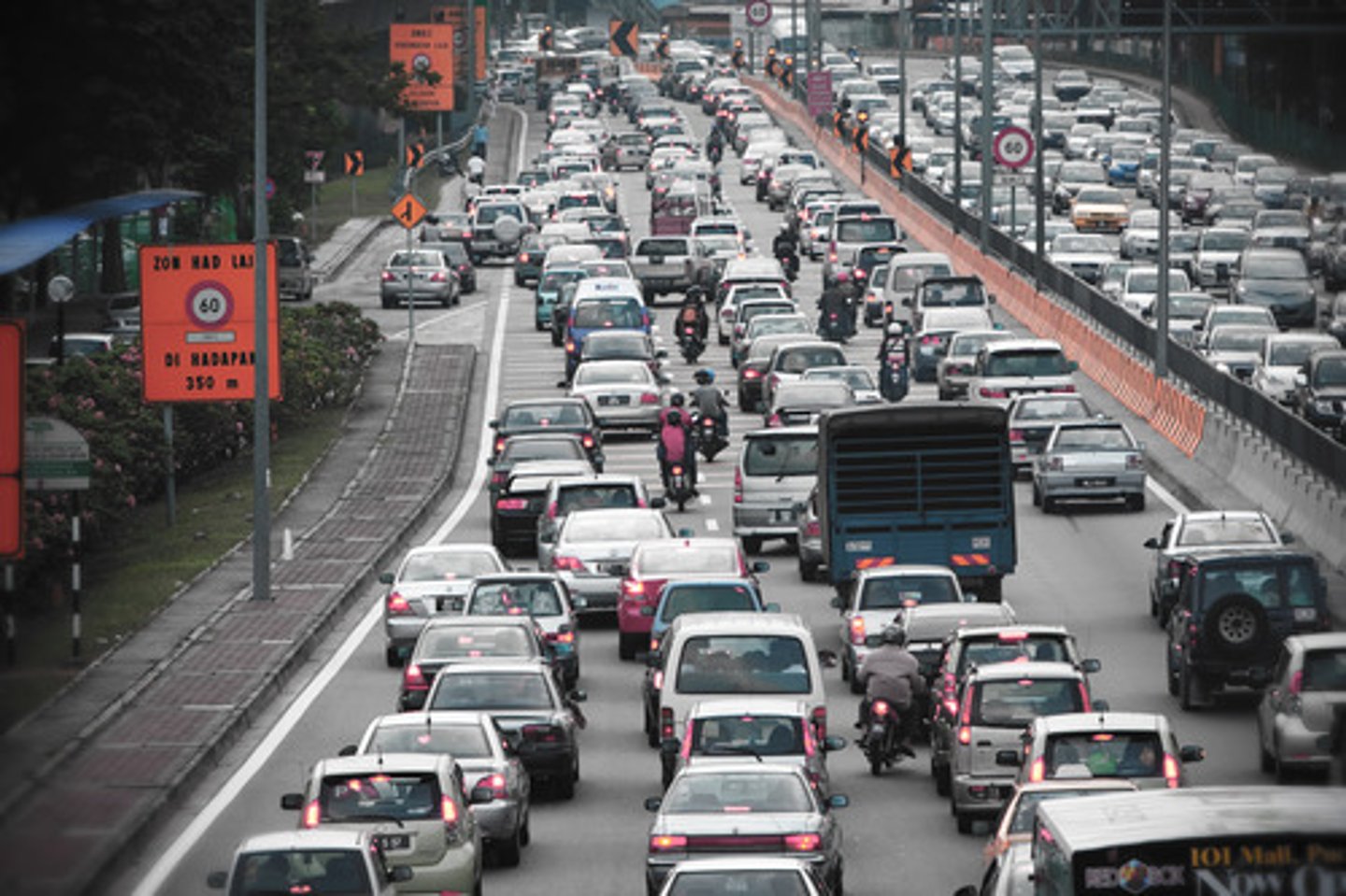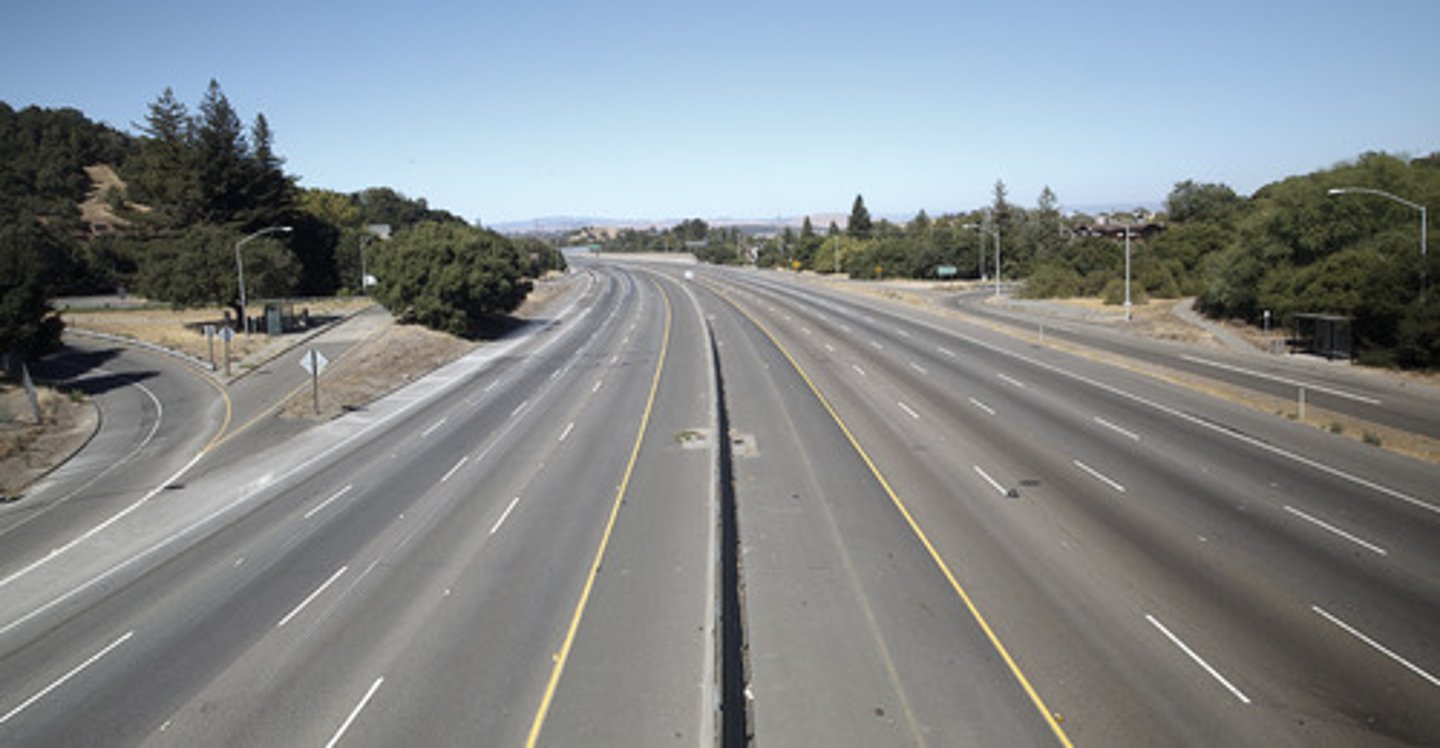Monitoring Noise Pollution
1/22
There's no tags or description
Looks like no tags are added yet.
Name | Mastery | Learn | Test | Matching | Spaced |
|---|
No study sessions yet.
23 Terms
What unit is sound measured in?
decibels (dB)
Name the scale that is used for human hearing
dB(A) scale
What does the dB(A) scale take into account?
It takes into account the sensitivity of human hearing by weighing sounds between 1000 and 4000Hz
This is because the nerve cells in the ear are more sensitive to sounds in this frequency range, so they are heard more easily
Measuring Road Traffic Noise levels:
LA10
LA90
Traffic Noise Index (TNI)
L10 (18h)
LA10
LA10 measures noise exceeded for 10% in any set period.

What does LA10 represent?
It represents the louder parts of traffic noise, like during busy moments or when many vehicle pass.
It represents the louder
Example: The noise was measured for 1 hour, and the LA10 was 70dB. What does that mean?
The noise level was ≥70 dB for 6 minutes (10% of an hour).
What does LA90 measure?
It measures the noise level exceeded for 90% in any set period.
It is a good measure of the quietest periods.

Example: The noise was measured for 1 hour, and the LA90 was 45dB. What does that mean?
The noise level stayed above 45dB for 54 minutes (90% of an hour)
Traffic Noise Index (TNI)
This produces a representative measure of traffic noise using LA10 and LA90
What does L10 (18h) assume?
This measure assumes that traffic noise is only a problem during the 18 hours between 6am and midnight.

So under that assumption, what does L10 (18h) measure?
It measures the noise level that is exceeded during the noisiest 10% of each of the 18 hours measured.
The mean of these 18 LA10 is then calculated.
Measuring Aircraft Noise levels:
EPNL
NNI
Leq 57dB
EPNL
Effective Perceived Noise Levels
What does EPNL estimate?
The relative loudness of an aircraft during take-off, overflight, and landing
How is EPNL calculated?
EPNL is calculated using data from real-world observations of aircraft noise.
Measurements are typically made 450m to the side of the flight path, simulating what a person living near the airport would hear, but not measuring the noise directly under the fight path (as that is unrealistic)
NNI
Noise and Number Index
What does NNI measure?
It combines the number of flights and the noise levels of aircraft above 80dB, as it is presumed that aircraft below 80dB do not cause serious annoyance
What has NNI been replaced with?
Leq 57dB
What is Leq?
Leq is an average sound level over a particular period.
Why is it Leq 57dB?
For UK airports, an average of 57dB between 7am and 11pm in the summer is used
Levels above 57dB are considered…
….annoying
Areas experiencing noise above 57dB will experience…
….'significant community annoyance'